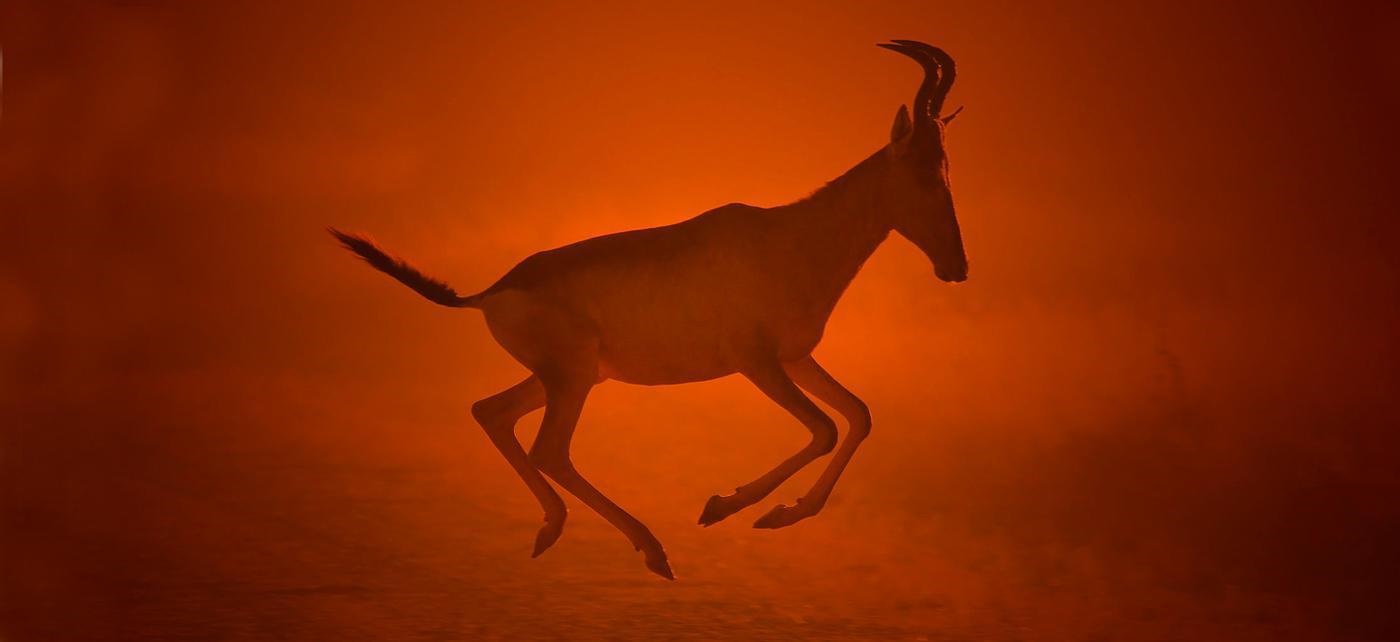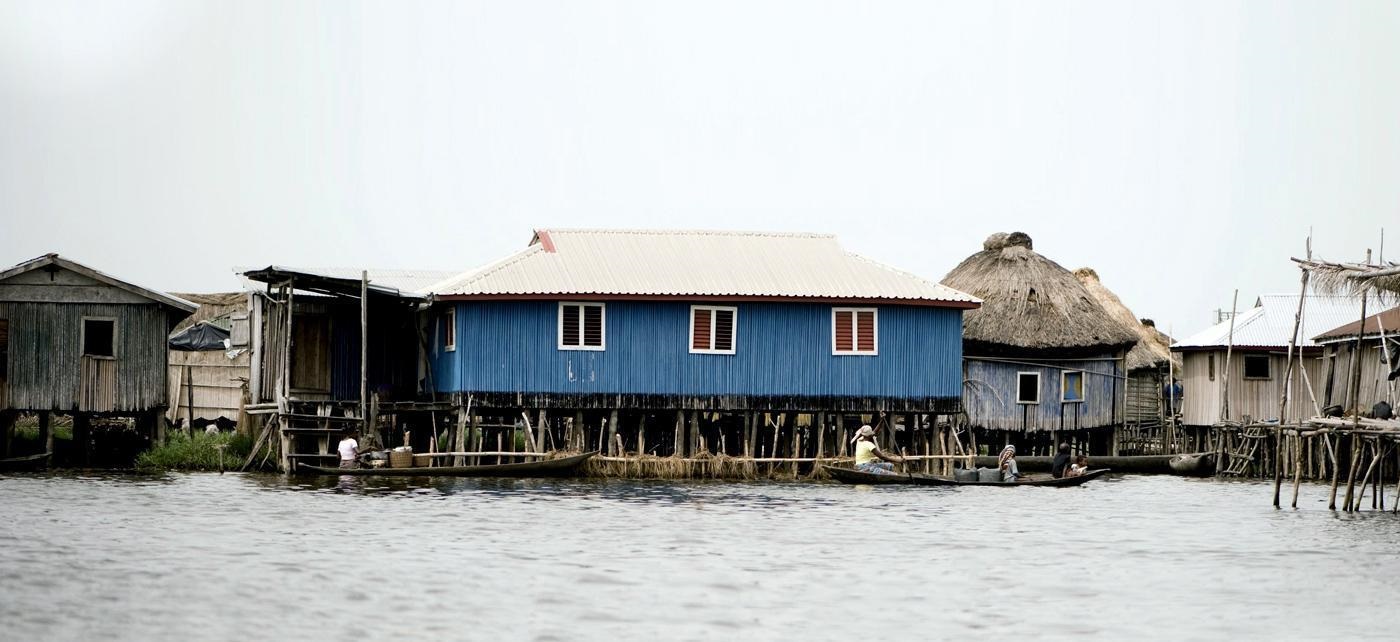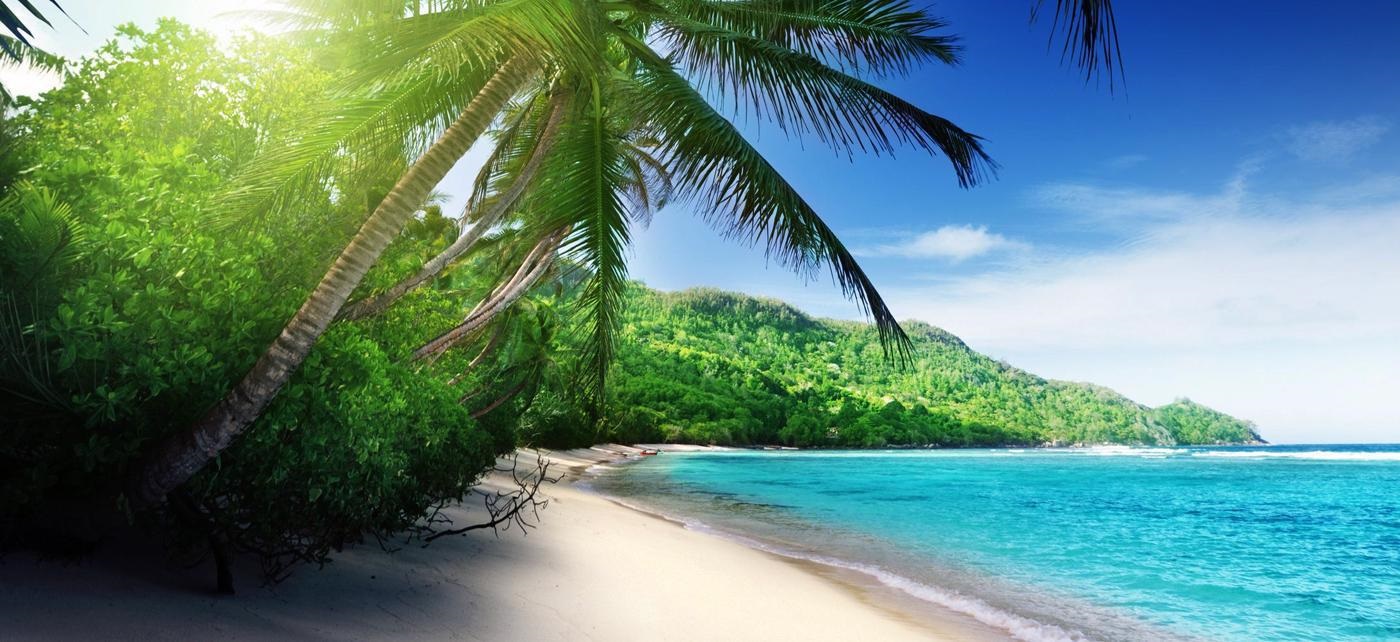Benin, (formerly, Dahomey) officially the Republic of Benin, is a country in West Africa. It borders Togo to the west, Nigeria to the east and Burkina Faso and Niger to the north. Its small southern coastline on the Bight of Benin is where a majority of the population is located. The capital of Benin is Porto-Novo, but the seat of government is located in the country's largest city of Cotonou. Benin covers an area of approximately 110,000 square kilometers (42,000 sq mi), with a population of approximately 9.05 million. Benin is a tropical, sub-Saharan nation, highly dependent on agriculture, with substantial employment and income arising from subsistence farming.
The official language of Benin is French, however, indigenous languages such as Fon and Yoruba are commonly spoken. The largest religious group in Benin is Roman Catholicism, followed closely by Muslims, Vodun, and Protestants. Benin is a member of the United Nations, the African Union, the Organisation of Islamic Cooperation, South Atlantic Peace and Cooperation Zone, La Francophonie, the Community of Sahel-Saharan States, the African Petroleum Producers Association and the Niger Basin Authority.
During the colonial period and at independence, the country was known as Dahomey. It was renamed on November 30, 1975, to Benin after the body of water on which the country lies - the Bight of Benin - which, in turn, had been named after the Benin Empire. The country of Benin has no direct connection to Benin City in modern Nigeria, nor to the Benin bronzes. The new name, Benin, was chosen for its neutrality. Dahomey was the name of the former Kingdom of Dahomey, which covered only the southern third of the present country and therefore did not represent the northwestern sector Atakora nor the kingdom of Borgu, which covered the northeastern third.
Benin's politics take place in a framework of a presidential representative democratic republic, where the President of Benin is both head of state and head of government, within a multi-party system. Executive power is exercised by the government. Legislative power is vested in both the government and the legislature. The judiciary is independent of the executive and the legislature. The political system is derived from the 1990 Constitution of Benin and the subsequent transition to democracy in 1991. In its 2007 Worldwide Press Freedom Index, Reporters without Borders ranked Benin 53rd out of 169 countries. Benin scored highly in the 2009 Ibrahim Index of African Governance, which comprehensively measures the state of governance across the continent. Benin was ranked 15th out of 53 African countries, and scored particularly well in the categories of Safety & Security and Participation & Human Rights. Benin has been rated equal-88th out of 159 countries in a 2005 analysis of police, business and political corruption.
Beninese cuisine is known in Africa for its and exotic ingredients and flavorful dishes. Beninese cuisine involves lots of fresh meals served with a variety of sauces. In southern Benin cuisine, the most common ingredient is corn, often used to prepare dough which is mainly served with peanut- or tomato-based sauces. Fish and chicken are the most common meats used in southern Beninese cuisine is, but beef, goat and bush rat are also consumed. The main staple in northern Benin is Yams, also often served with stated sauces. The population in the northern provinces uses beef and pork meat which is also fried in palm or peanut oil or cooked in sauces. Cheese is also frequently used in some dishes. Couscous, rice and beans are also commonly eaten, along with fruits such as mangos, oranges, avocados, bananas, kiwi fruit and pineapples.


